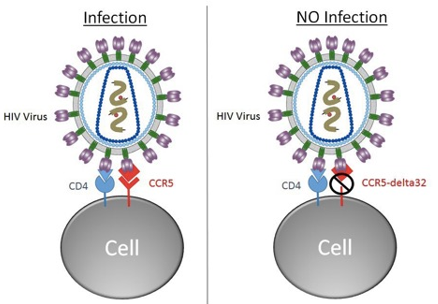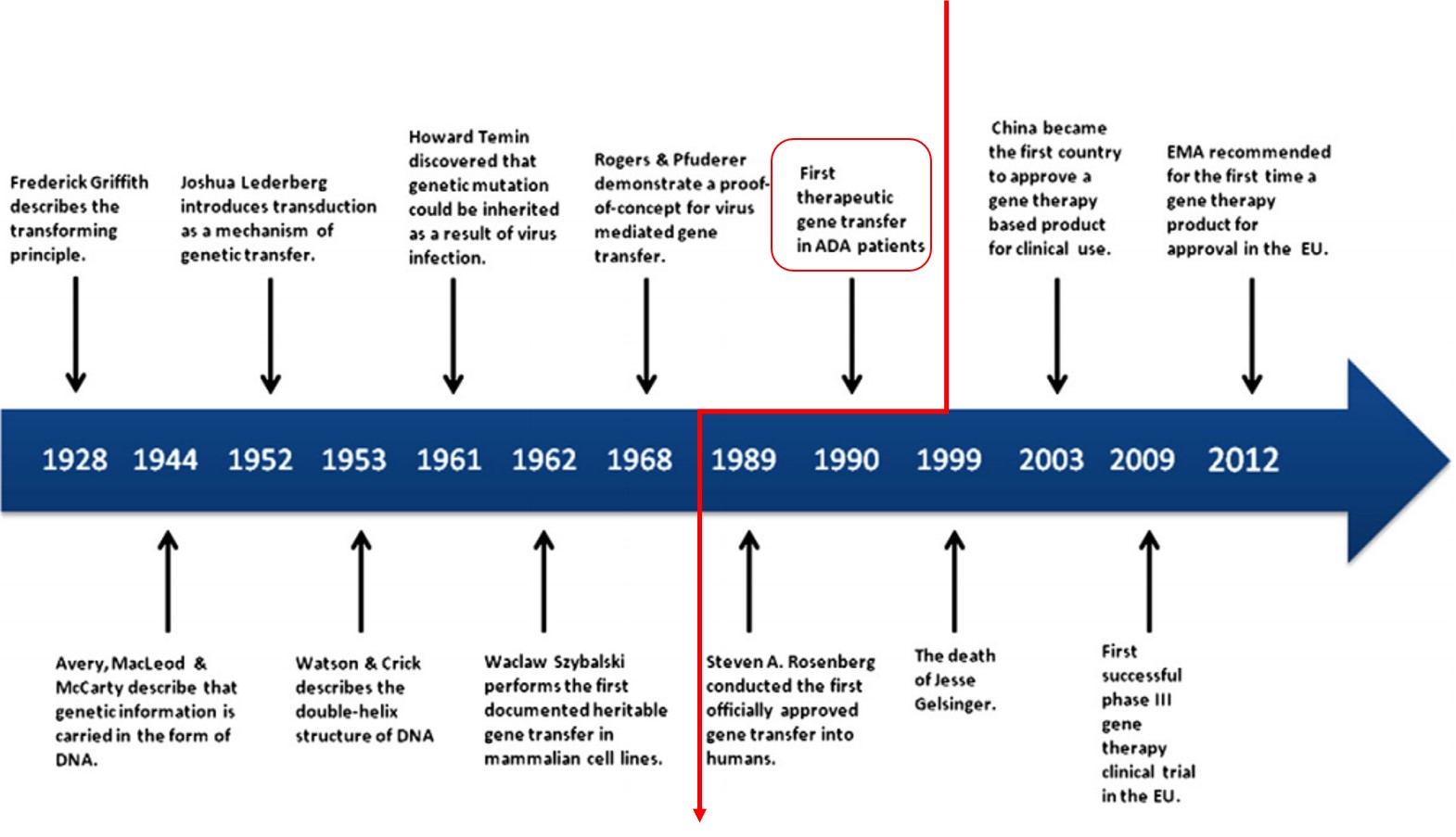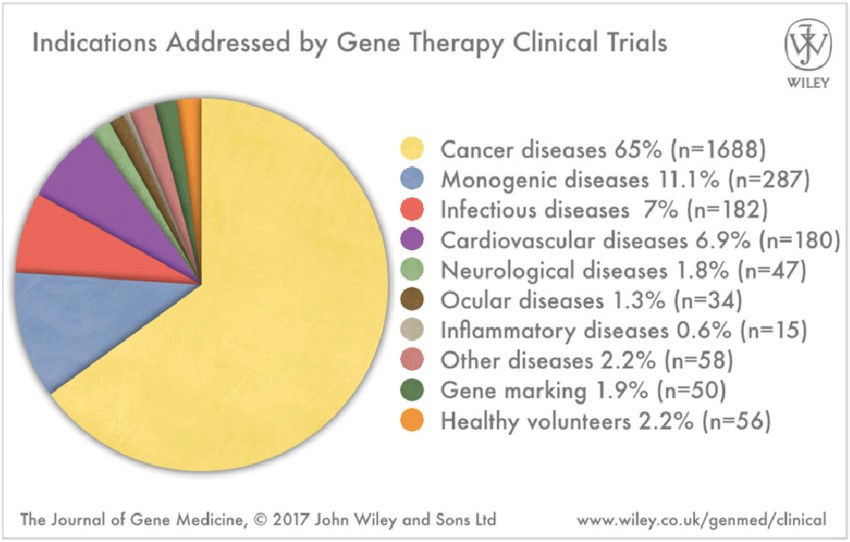
Wednesday, January 29, 2020
Dyadic International Inc. (DYAI)
C1 Technology’s Potential to Manufacture Candidate Vaccines Against Coronavirus
Dyadic International, Inc. is a global biotechnology company which is developing what it believes will be a potentially significant biopharmaceutical gene expression platform based on the industrially proven hyper productive engineered fungus Thermothelomyces heterothallica (formerly Myceliophthora thermophila), named C1.
The C1 microorganism, which enables the development and large scale manufacture of low cost proteins, has the potential to be further developed into a safe and efficient expression system that may help speed up the development, lower production costs and improve the performance of biologic vaccines and drugs at flexible commercial scales. Dyadic is using the C1 technology and other technologies to conduct research, development and commercial activities for the development and manufacturing of human and animal vaccines and drugs, such as virus like particles (VLPs) and antigens, monoclonal antibodies, Fab antibody fragments, Fc-Fusion proteins, biosimilars and/or biobetters, and other therapeutic proteins. Dyadic pursues research and development collaborations, licensing arrangements and other commercial opportunities with its partners and collaborators to leverage the value and benefits of these technologies in development and manufacture of biopharmaceuticals. In particular, as the aging population grows in developed and undeveloped countries, Dyadic believes the C1 technology may help bring biologic vaccines, drugs and other biologic products to market faster, in greater volumes, at lower cost, and with new properties to drug developers and manufacturers, and improve access and cost to patients and the healthcare system, but most importantly save lives.
Ahu Demir, Ph.D., Biotechnology Research Analyst, Noble Capital Markets, Inc.
Refer to the full report for the price target, fundamental analysis, and rating.
Rapidly growing epidemic and concerns on coronavirus outbreak. The deadly new virus, coronavirus, is a fast-growing epidemic in China. The number of confirmed cases increased from 2,835 on Monday (January 27) to 4,515 on Tuesday (January 28), according to the National Health Commission, jumping nearly 60 percent overnight. Epidemic is now expanding to other countries, including the United States. There are currently five cases in the U.S.
Potential higher rate of spread, but less deadly than SARS. Severe acute respiratory syndrome (SARS) is a related infectious disease, which erupted in China in 2002 and spread globally in 2003. SARS killed about 10% of the people it infected, while thus far coronavirus has killed about 3% of those infected. There are many unknowns regarding this new deadly strain of coronavirus; however,…
Get the full report on Channelchek desktop.
This Company Sponsored Research is provided by Noble Capital Markets, Inc., a FINRA and S.E.C. registered broker-dealer (B/D).
*Analyst
certification and important disclosures included in the full report.
NOTE: investment decisions should not be based upon the content of
this research summary. Proper due diligence is required before
making any investment decision.












